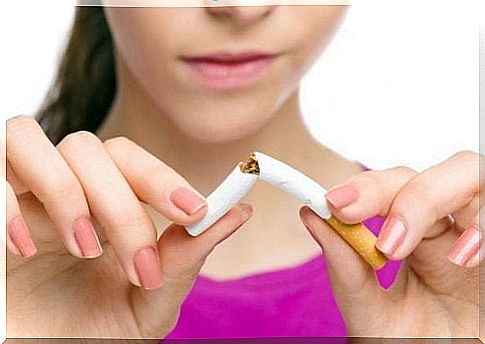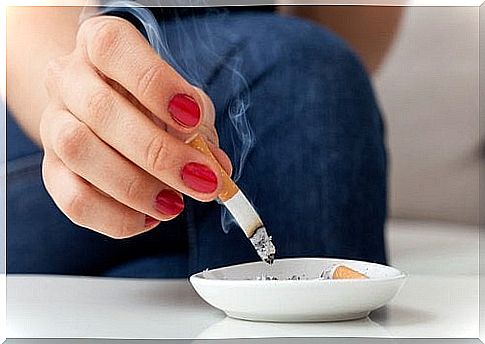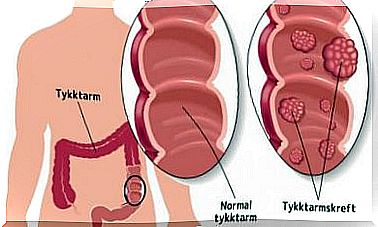A Timeline Of What Happens When You Quit Smoking

Quitting smoking is a big and healthy goal for those who have been addicted to tobacco. Within that group, however, there are skeptics of the problem, who believe that there are no benefits to quitting.
Whether they are good or bad, it can be difficult to change habits. This is definitely the case with tobacco use. People who are addicted to smoking are usually stubborn and rarely seek professional help.
Smoking is one of the leading causes of death in the world, which makes it critically important to quit. However, this argument is not always enough for those who are addicted to tobacco products.
The health timeline after you have chosen to quit smoking
The harmful consequences of cigarette smoking often do not deter their supporters. However, if you show them a number of benefits of quitting smoking in chronological order, it can be much more compelling. If you or someone you know smokes, try looking at the following arguments. Here’s what happens when you quit smoking, in order.
Twelve hours after your last cigarette

The earliest benefits occur in the first 12 hours after you quit smoking. This means that you can use the following amazing benefits as a starting point, to argue against the habit.
- After 12 hours, the body begins to get rid of all the toxins associated with cigarettes.
- Oxygen levels increase and the monoxide drops significantly.
Two days without smoking
After two days, the most important bodily senses begin to function normally again. A clear example of this is smell and taste. After 48 hours, smells and tastes are perceived more clearly.
Cigarettes are one of the main causes of aggravation of various nerve endings related to your senses.
One month after you quit

In general, shortness of breath and cough are problems commonly associated with smoking.
- After approx. 30 days without smoking, the lungs begin to improve.
- Their physical condition will gradually improve and your cough will disappear completely.
Nine months without smoking
The benefits of the respiratory system never end, as you continue to cleanse the bronchi and cilia (structures found in the lungs).
- The circulatory system also begins to function much better around this time.
- Oxygenated blood moves more easily through the arteries and reaches the body’s major organs.
Five years after the last cigarette

As we have just pointed out, your circulatory system is very negatively affected by the toxins from tobacco products. Because of this, it is normal for the recovery to take longer.
- After five years without smoking, the circulatory system is almost completely restored.
- The arteries and blood vessels return to their normal size, and the chances of heart disease are greatly reduced.
10 years without smoking
At this point, it is likely that you will be annoyed when others smoke around you. Your body also continues its gradual cycle of improving. The damage caused by this bad habit is enormous, and even after 10 years you are still not completely healthy.
- Either way, it will be less likely to be affected by lung cancer.
- Cancer affecting other organs, such as the mouth or pancreas, may also be less likely.
20 years after the choice to quit smoking completely

Depending on what perspective you have, 20 years can seem like a very long or very short time. For many, however, two decades represent a large part of their entire lives. When it has been so long, there is no sign that you have smoked at all in your body. It’s like you’ve never smoked a day in your life.
The risk of diseases associated with smoking is virtually zero, and the chances of suffering from a health problem are the same as a person who has never smoked.
So what are you waiting for? Start enjoying the health benefits today! Remember: Your body will start to feel better even just an hour after you have pulled your last breath.









